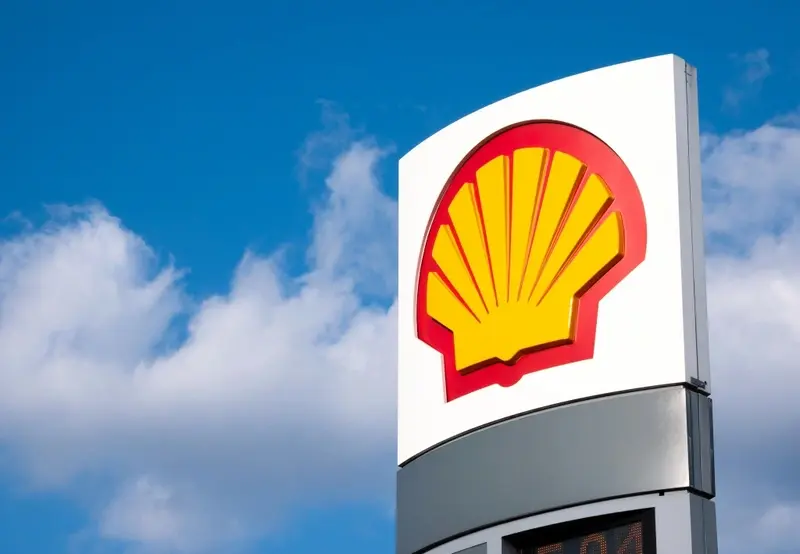
London mid-cap shares were struggling on Friday, as investors failed to see the bright side in the UK’s economic performance, while the FTSE 100 was faring better due a weaker pound and higher oil price.
The FTSE 100 index was down 54.65 points, or 0.7%, at 7,856.50 midday Friday. The FTSE 250 was down 301.97 points, or 1.5%, at 19,975.37, and the AIM All-Share was down 6.15 points, or 0.7%, at 874.69.
The Cboe UK 100 was down 0.8% at 786.39, the Cboe UK 250 was down 1.7% at 17,412.96, and the Cboe Small Companies was down 0.9% at 13,787.99.
According to a first estimate from the Office for National Statistics, UK gross domestic product saw no growth in the fourth quarter from the third. This follows a revised contraction of 0.2% in the third quarter from the second.
It means the UK avoided a technical recession, which is defined as two consecutive quarters of economic shrinkage.
Looking forward, ING’s Francesco Pesole noted that the weakness in the fourth quarter was concentrated in December, meaning that the starting point for the first quarter is now lower.
This, he argued, ‘almost certainly’ means the UK economy will get a contraction, ‘even if activity through the quarter effectively stagnates’.
The subdued economic picture weakened the pound, which was quoted at $1.2106 at midday on Friday in London, down from $1.2154 at the close on Thursday.
In London, Shell and BP were the best performers in the FTSE 100 at midday, up 2.0% and 3.9%, respectively, as oil prices climbed.
Brent oil was quoted at $86.27 a barrel at midday in London on Friday, up from $83.73 late Thursday. Brent hit an intraday high of $86.86.
Russia will slash its crude oil output by 5% next month, Deputy Prime Minister Alexander Novak said on Friday, in response to a price cap imposed by Western countries.
‘Russia will voluntarily reduce production by 500,000 barrels per day in March. This will help restore market relations,’ Novak said, according to Russian news agencies, adding that the decision was taken by Moscow unilaterally.
Stephen Innes at SPI Asset Management said: ‘Unlike supply disruptions, Russian production cuts have more permanency, given the challenging logistics of ramping up production again in Russia. So this cut, in theory, should place a higher floor under oil prices.’
Standard Chartered dropped 5.0% as First Abu Dhabi Bank repeated that it has no plans for to make a takeover offer for the lender, denying a Bloomberg report on Thursday.
StanChart had been the top FTSE 100 performing stock on Thursday, closing up 11% following the Bloomberg report that FAB was pressing ahead with a potential $35 billion offer. StanChart has a £21 billion market capitalisation, about $26 billion.
FAB said on Friday its stance had not changed since early last month, when it said it ended ‘very early stages’ of evaluating a possible offer for StanChart.
In the FTSE 250, Victrex lost 2.0% as it reported a decline in sales volume during its seasonally weakest quarter.
The speciality chemicals firm said revenue in the financial first quarter to December 31 was £78.8 million, increasing 5.6% from £74.6 million a year ago. Average selling prices were above expectations at £83 per kilogram, up 14% due to price increase momentum and surcharge pricing, it said.
However, Victrex sales volume in the first quarter dropped to 948 tonnes, down 7.5% from 1,025 tonnes a year prior.
Elsewhere in London, Itim plunged 28% after it said annual earnings will fall short of market expectations.
The London-based click-and-collect software firm said earnings before interest, tax, depreciation and amortisation are expected to be £200,000 below current market expectations, at about £200,000, collapsing by more than 90% from £2.2 million in 2021.
Itim said this was due to its increased cost base after self-financing its projects to drive growth, offering transitions to its platform free of charge.
Itim said its focus is now to improve its margins and cash generation, targeting a higher Ebitda margin during 2023, and a ‘substantially higher’ margin in 2024.
Saga rose 3.0% as it confirmed it is in exclusive discussions with Open Insurance Technologies about a potential sale of Acromas Insurance, the underwriter that is part of Saga’s wider insurance business.
Saga, a Kent-based over-50s travel operator, said the talks are ongoing with no certainty that any transaction will occur, adding that any disposal of the business would require regulatory and shareholder approval.
Open Insurance is an insurance-focused finance company based in Sydney and Auckland.
In European equities on Friday, the CAC 40 in Paris was down 1.2%, while the DAX 40 in Frankfurt was down 1.5%.
The euro stood at $1.0695, lower against $1.0750. Against the yen, the dollar was trading at JP¥130.89, lower compared to JP¥131.10.
The yen had reached a high of JP¥131.83 earlier on Friday, amid reports that Japan’s government plans to nominate economics professor Kazuo Ueda as Bank of Japan governor.
‘The news surprised the market as he would bring a bit more of a hawkish tilt to monetary policy than the top contender, [Deputy Governor] Masayoshi Amamiya,’ said Min Joo Kang, ING’s South Korea and Japan senior economist.
Current chief Haruhiko Kuroda, the central bank’s longest-serving governor, is expected to step down when his second term ends on April 8.
Stocks in New York were called lower. The Dow Jones Industrial Average was called down 0.4%, the S&P 500 index down 0.6%, and the Nasdaq Composite down 1.1%.
Gold was quoted at $1,863.31 an ounce, lower against $1,873.46.
Still to come in Friday’s economic calendar, the Bank of England’s chief economist, Huw Pill, will speak at 1400 GMT.
Copyright 2023 Alliance News Ltd. All Rights Reserved.




